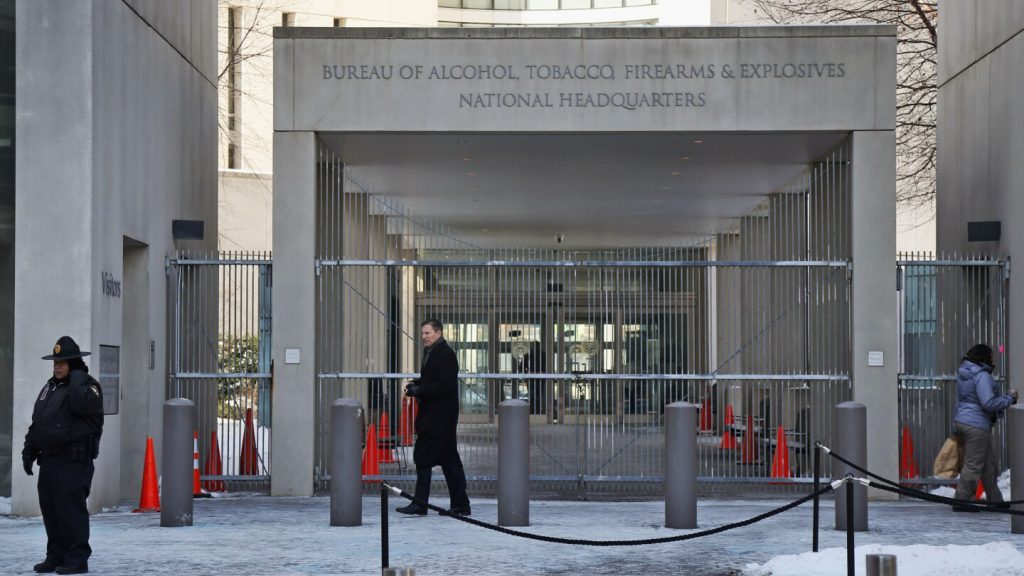The report found that the majority of illegally trafficked firearms in the U.S. between 2017 and 2021 came through unlicensed dealers who aren’t required to perform background checks, making it harder for federal agents to trace the weapons back to their original buyers. This represents 54% of illegally trafficked firearms and were used in 368 shooting cases. This data was released by the Bureau of Alcohol, Tobacco Firearms and Explosives and ordered by Attorney General Merrick Garland, marking the first comprehensive analysis of firearm trafficking investigations in over two decades.
Among the types of firearm trafficking cases investigated by the ATF, straw purchases, where someone buys a gun for someone who can’t legally obtain it themselves, were the second-highest share. The report also revealed that recipients of trafficked firearms had previous felony convictions in around 60% of cases where the background of the recipient was identified. Additionally, trafficked firearms were used in committing additional crimes in almost 25% of cases, including over 260 murders and more than 220 attempted murders. ATF Director Steve Dettelbach emphasized the link between illegally trafficked firearms and real violence in the nation, stating that those who participate in such activities bear responsibility for the harm caused.
The report highlighted that, on average, 16 guns were trafficked per case, with those obtained through unlicensed dealers averaging 20 weapons compared to 11 for straw buyers. The Biden administration has proposed a rule that would require more gun sellers to obtain licenses and conduct background checks, primarily targeting those engaged in the business of firearm sales. This proposal faced opposition from gun-rights groups who raised concerns about its potential impact on regular individuals who occasionally sell their own guns. The rule, which has not yet been finalized, is estimated to affect a significant number of sellers, ranging from 24,500 to 328,000, and during the five years covered in the report, 3,400 unlicensed dealers were investigated by the ATF.
The data from the report sheds light on the significant role that illegally trafficked firearms play in fueling violence in the U.S., with hundreds of shootings and other crimes involving these weapons. The lack of background checks and inadequate record-keeping by unlicensed dealers contribute to the difficulty in tracking these firearms to their source and holding accountable those responsible for their illegal distribution. Efforts to address this issue, such as the proposed rule requiring more gun sellers to be licensed, aim to enhance oversight and regulation within the firearms industry to prevent further proliferation of trafficked weapons and curb gun-related violence in the country.
In response to the report, ATF Director Steve Dettelbach emphasized the importance of addressing illegal firearm trafficking to reduce violence nationwide. He underscored the key role played by individuals who engage in these activities, whether through in-person transactions, at gun shows, or online sales, in contributing to the cycle of violence involving firearms. By holding those responsible for trafficking firearms accountable for the harm caused by these weapons, law enforcement agencies aim to disrupt the flow of illegal guns into criminal networks and prevent them from being used in violent crimes. The data presented in the report provides valuable insights into the patterns and impact of firearm trafficking in the U.S., informing policy decisions and enforcement measures to enhance public safety and combat gun violence effectively.


